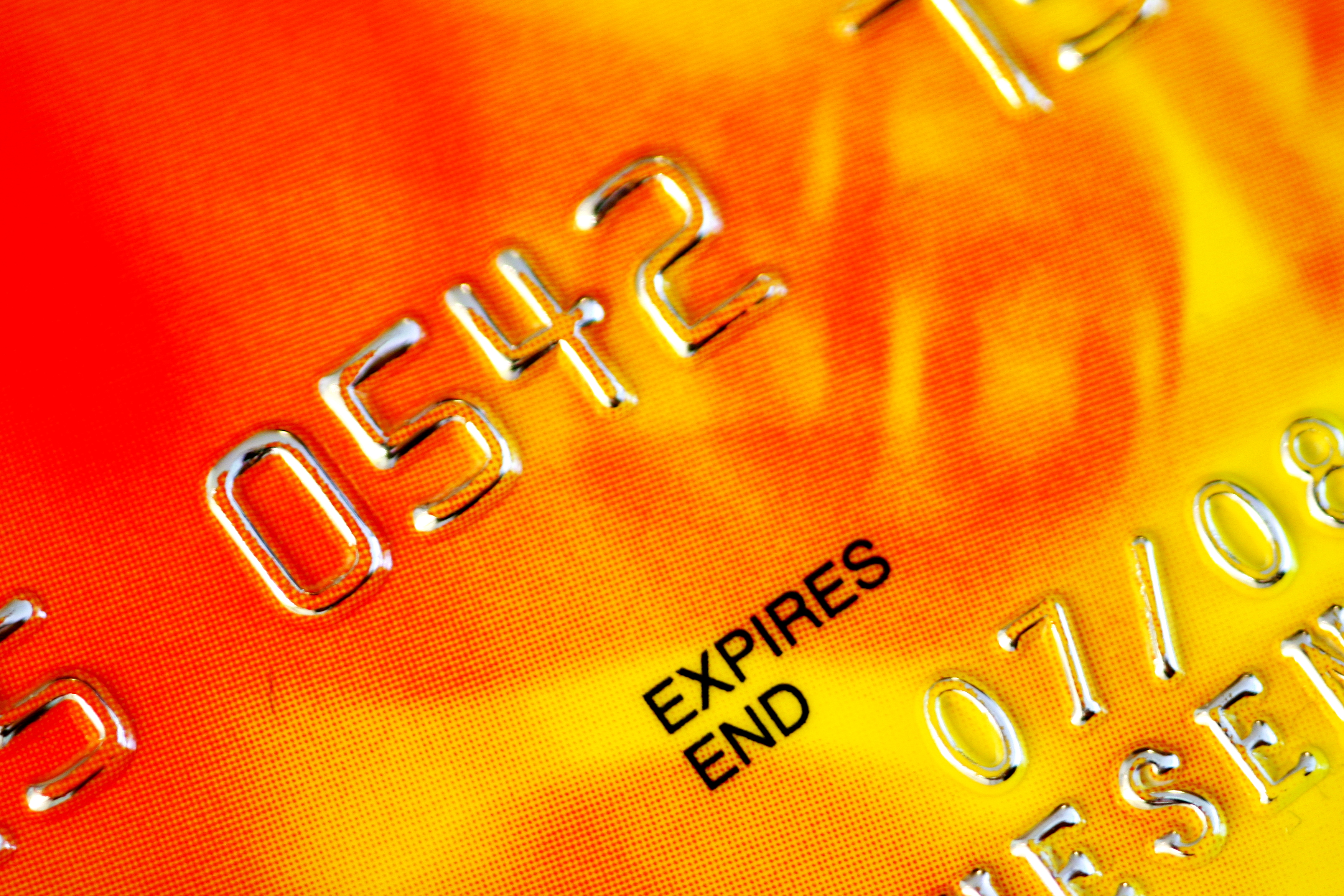Credit Cards & Loans
Avoid credit card pitfalls

Comparison website MoneySupermarket has conducted analysis into a range of costly credit card ‘pitfalls’ to help people avoid paying over the odds on fees and transactions.
Comparison website MoneySupermarket has conducted analysis into a range of costly credit card ‘pitfalls’ to help people avoid paying over the odds on fees and transactions.
Credit cards are an important part of the nation’s finances and two-thirds of credit cards held by UK consumers currently bear interest. Falling foul of the terms and conditions of a credit agreement can lead to mounting penalty fees and have a negative impact on personal credit reports.
Late/ missing payments
Consumers should avoid missing payments or making late payments on their credit card balances. This would result in additional charges and in some cases the loss of any promotional rates (i.e. 0% on purchases). Not managing your payments properly can leave a black mark on your credit score. For example, a credit card user missing a first payment on a 12 month, 0% purchase credit card deal could be charged an additional £206 in interest over the 12 months if the promotion was removed and they defaulted to an average rate of 17.31%.
Earlier this year, MoneySupermarket found more than one in Brits missed a payment for at least one bill in the last 12 months. Credit cards came out on top as the most missed payment; three million people had not paid their credit card bill in time over the last year (7%).
Paying only the minimum amount
While many people pay off more than the minimum each month, MoneySupermarket calculated that someone with a balance of £1,500 on a card with an average APR of 17.31%, making only the minimum repayment of 2.5% each month could take 19 years and 3 months to clear their debt. To add insult to injury, they would also end up forking out an extra £1,590 in interest payments in the process.
Cash withdrawals
A cash advance, in most cases, is charged at a much higher rate of interest than standard purchases on the card, with the interest also accruing from the date of the transaction. For example, consumers on an average APR of 17.31% withdrawing £500 in cash will find themselves being charged 26.72%, 9.41% higher and at a cost of £3.25 more.
Kevin Mountford, head of banking at MoneySupermarket.com said: “As with any financial product, credit card holders must ensure they understand the terms and conditions or they could pay more than they realise for certain types of transactions.”